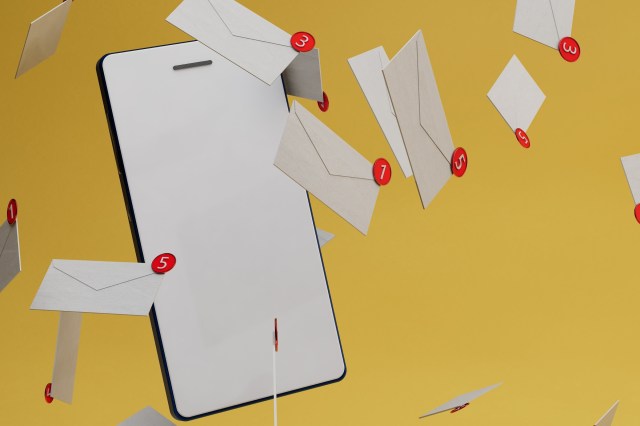Mastering Business Email Etiquette: Essential Tips for Effective Communication
In today’s digital age, email has become the primary mode of communication in the business world. However, it is essential to remember that sending an email is not the same as having a face-to-face conversation. To ensure effective and professional communication, mastering business email etiquette is crucial. In this article, we will explore some essential tips that can help you improve your email communication skills and make a positive impression on your recipients.
Use a Professional Email Address
Your email address represents your identity in the virtual world. It is important to use a professional email address that includes your full name or your company’s name. Avoid using nicknames or personal references in your email address, as it may give off an unprofessional impression. A professional email address builds credibility and makes it easier for recipients to recognize you.

Additionally, ensure that you have a signature at the end of each email that includes your contact information, job title, and any relevant social media handles or website links. This makes it easier for recipients to get in touch with you and learn more about your work.
Write Clear and Concise Subject Lines
The subject line of an email serves as its first impression. A clear and concise subject line helps recipients understand the purpose of the email quickly and enhances the chances of it being opened promptly. Avoid using vague or generic subject lines such as “Hello” or “Important” as they can easily be overlooked or mistaken for spam.
Instead, provide a brief summary of what your email entails in the subject line itself. For example, instead of writing “Meeting,” try something like “Request for Meeting: Project Update – [Your Name].” This allows recipients to prioritize their emails based on urgency and relevance.
Be Mindful of Tone and Language
Emails lack visual cues and tone of voice that are present during face-to-face conversations. Therefore, it is crucial to choose your words carefully to ensure that your intended meaning is conveyed accurately. Avoid using all caps, excessive exclamation marks, or overly casual language.
Maintain a professional tone throughout your email, starting with a polite greeting such as “Dear [Recipient’s Name]” or “Hello [Recipient’s Name],” followed by a courteous and concise message. Remember to proofread your email for any grammatical errors or typos before hitting the send button.
Respect Recipients’ Time and Privacy
In today’s fast-paced business environment, time is a valuable asset. When sending emails, be considerate of the recipients’ time by getting straight to the point and keeping your message concise. Avoid unnecessary rambling or including too much information that may overwhelm the reader.
Additionally, respect recipients’ privacy by refraining from forwarding their emails without their consent. If you need to include additional people in the conversation, use the “cc” (carbon copy) or “bcc” (blind carbon copy) option appropriately.
Conclusion
Mastering business email etiquette is essential for effective communication in the modern workplace. By using a professional email address, writing clear and concise subject lines, being mindful of tone and language, and respecting recipients’ time and privacy, you can enhance your email communication skills significantly. Remember that every email you send reflects not only on yourself but also on your professionalism and credibility as a businessperson.
This text was generated using a large language model, and select text has been reviewed and moderated for purposes such as readability.


